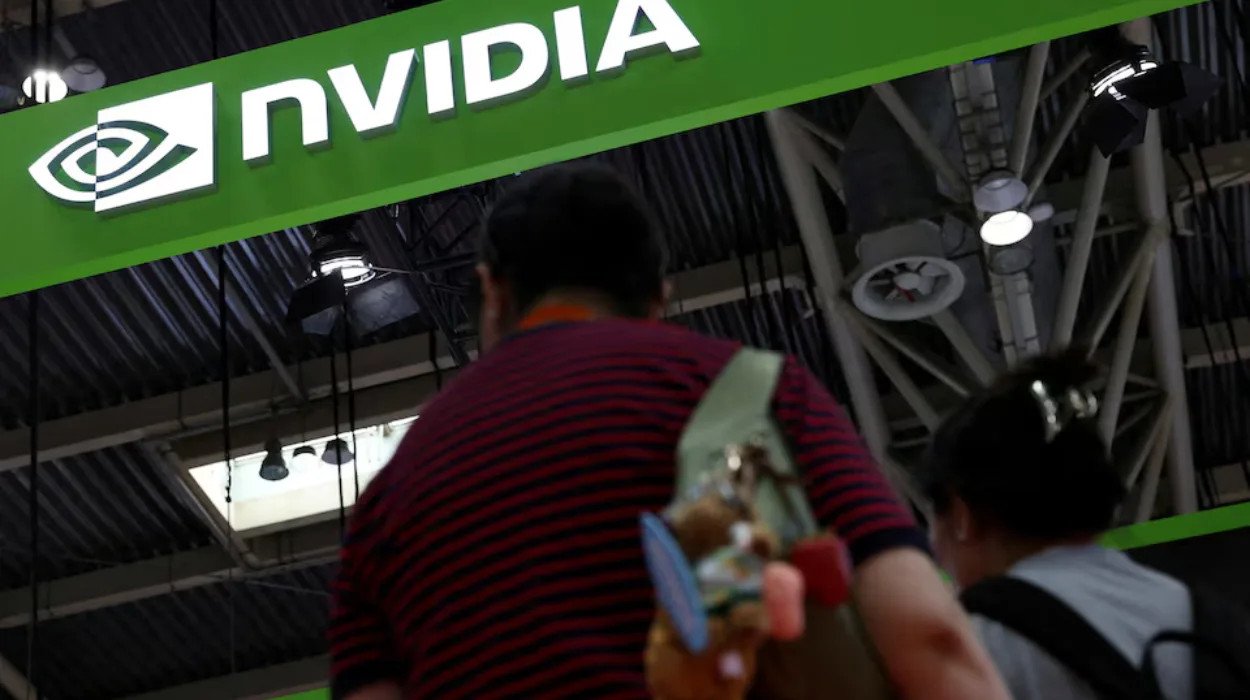Beijing – China’s market regulator announced on Monday that a preliminary investigation indicated that US chip giant Nvidia breached the country’s antitrust rules, launching a further inquiry into the matter, reports 24brussels.
The State Administration for Market Regulation (SAMR) stated its findings without detailing the specifics of the alleged violations. However, the regulator noted that Nvidia may have also failed to uphold commitments made during its acquisition of Israeli chip designer Mellanox Technologies, as outlined in the conditional approval granted in 2020.
China’s investigation into Nvidia aligns with a broader ongoing conflict between Beijing and Washington over the semiconductor sector, a vital area of technological competition. The move to investigate follows the US’s increased restrictions targeting approximately 140 Chinese companies and aims to address perceived injustices within the industry.
Why has China accused Nvidia of breaching antitrust laws?
“Following a preliminary investigation, it has been determined that NVIDIA Corporation has violated the Anti-Monopoly Law of the People’s Republic of China,”
the SAMR stated. The regulator emphasized that it would pursue the investigation diligently.
Nvidia, recognized for its advancements in artificial intelligence and gaming technologies, faces potential penalties under Chinese antitrust law, which allows fines ranging from 1% to 10% of a company’s annual sales. For Nvidia, this could represent a significant financial impact, as the company reported $17 billion in revenue in its last fiscal year, with China accounting for roughly 13% of its total sales.
When did China launch the investigation?
The inquiry into Nvidia began in December after accusations of antitrust violations were made public. This action is widely regarded as a countermeasure to the US’s recent trade policies affecting China’s semiconductor industry. Following the US’s third set of restrictions on China’s chip sector, the authorities in Beijing imposed a ban on exporting critical minerals such as gallium, germanium, and antimony to the US, escalating tensions in the technological arms race.








